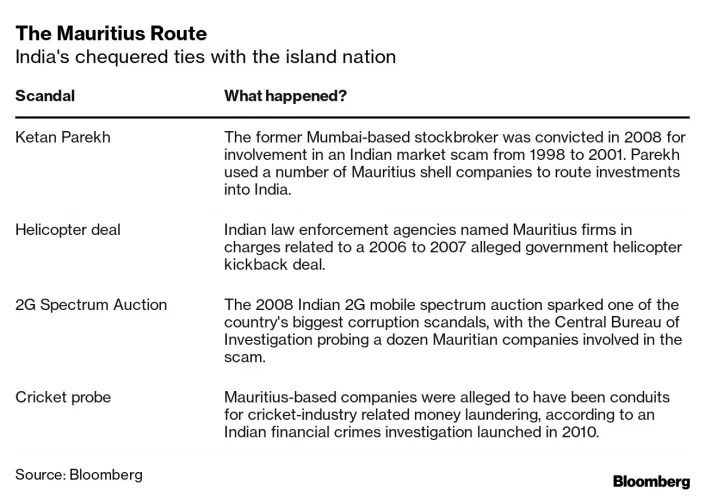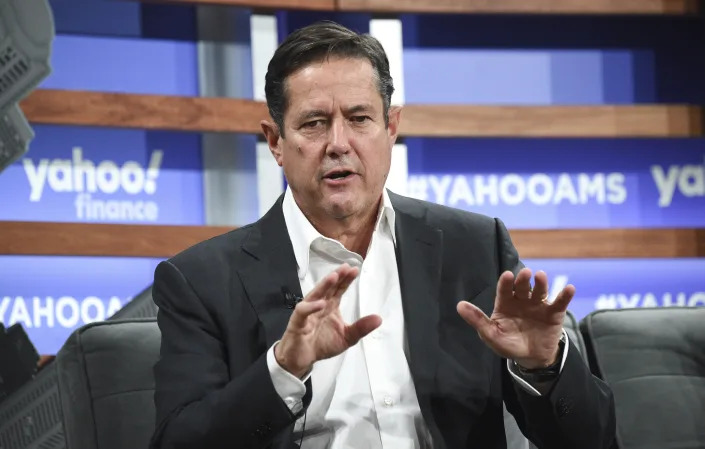Julian Borger in Washington
THE GUARDIAN
Wed, March 8, 2023

Photograph: Tom Brenner/Reuters
The Pentagon has been accused of blocking the sharing of US intelligence with the international criminal court (ICC) about Russian war crimes in Ukraine.
The Biden White House and state department have been a proponent of cooperation with the Hague-based ICC, as a means of holding Russian forces accountable for widespread war crimes, but the defence department is firmly opposed on the grounds that the precedent could eventually be turned against US soldiers.
Related: Russia unlikely to make major Ukraine gains this year – US intelligence chief
The New York Times quoted current and former officials as saying Pentagon resistance was the obstacle. It reported that the national security council (NSC) convened a meeting of senior officials on 3 February to try to resolve the dispute, but that the defence secretary, Lloyd Austin, did not budge. Joe Biden has yet to give a final decision.
The Republican senator Lindsey Graham, who was behind a congressional resolution urging US support for the court over Ukraine, also blamed the Pentagon.
“DoD [Department of Defence] opposed the legislative change – it passed overwhelmingly – and they are now trying to undermine the letter and spirit of the law,” Graham told the New York Times, in remarks confirmed to the Guardian by his office. “It seems to me that DoD is the problem child here, and the sooner we can get the information into the hands of the ICC, the better off the world will be.”
Asked for comment, the NSC spokeswoman, Adrienne Watson, said: “Russian forces have been committing war crimes and crimes against humanity in Ukraine, and the Ukrainian people deserve justice.”
She added: “The United States supports a range of investigations to identify and hold accountable those who are responsible, including through the Office of the Ukrainian Prosecutor General, the United Nations, the expert missions established under the OSCE’s [Organization for Security and Cooperation in Europe] ‘Moscow mechanism’, and the international criminal court, among others,” Watson said.
A senior defence official said only: “The defence department believes we should hold Russia accountable.”
US legal experts helped draw up the Rome statute, which created the ICC. It was signed by Bill Clinton in 2000, but not ratified by the Senate, and Clinton’s successor, George W Bush, took the unusual step of withdrawing the US signature.
US opponents of the court argued that it could be used by America’s enemies to prosecute US soldiers fighting in foreign wars, despite safeguards written into the statute stating that the international court would only have jurisdiction if the courts in a suspect’s home country were unwilling or unable to prosecute.
Related: Ukraine urges ICC to investigate video appearing to show Russians killing PoW
Speaking at the Munich security conference in February, Kamala Harris said the US had determined that Russia had committed crimes against humanity in Ukraine.
The vice-president added that the US “will continue to support the judicial process in Ukraine and international investigations, because justice must be served”.
Harris did not specify cooperation with the ICC, but last week, Beth van Schaack, US ambassador-at-large for global criminal justice, told a conference in Lviv: “The international criminal court occupies an important place in the ecosystem of international justice, and the United States supports the investigation by the ICC prosecutor.”
Wed, March 8, 2023

Photograph: Tom Brenner/Reuters
The Pentagon has been accused of blocking the sharing of US intelligence with the international criminal court (ICC) about Russian war crimes in Ukraine.
The Biden White House and state department have been a proponent of cooperation with the Hague-based ICC, as a means of holding Russian forces accountable for widespread war crimes, but the defence department is firmly opposed on the grounds that the precedent could eventually be turned against US soldiers.
Related: Russia unlikely to make major Ukraine gains this year – US intelligence chief
The New York Times quoted current and former officials as saying Pentagon resistance was the obstacle. It reported that the national security council (NSC) convened a meeting of senior officials on 3 February to try to resolve the dispute, but that the defence secretary, Lloyd Austin, did not budge. Joe Biden has yet to give a final decision.
The Republican senator Lindsey Graham, who was behind a congressional resolution urging US support for the court over Ukraine, also blamed the Pentagon.
“DoD [Department of Defence] opposed the legislative change – it passed overwhelmingly – and they are now trying to undermine the letter and spirit of the law,” Graham told the New York Times, in remarks confirmed to the Guardian by his office. “It seems to me that DoD is the problem child here, and the sooner we can get the information into the hands of the ICC, the better off the world will be.”
Asked for comment, the NSC spokeswoman, Adrienne Watson, said: “Russian forces have been committing war crimes and crimes against humanity in Ukraine, and the Ukrainian people deserve justice.”
She added: “The United States supports a range of investigations to identify and hold accountable those who are responsible, including through the Office of the Ukrainian Prosecutor General, the United Nations, the expert missions established under the OSCE’s [Organization for Security and Cooperation in Europe] ‘Moscow mechanism’, and the international criminal court, among others,” Watson said.
A senior defence official said only: “The defence department believes we should hold Russia accountable.”
US legal experts helped draw up the Rome statute, which created the ICC. It was signed by Bill Clinton in 2000, but not ratified by the Senate, and Clinton’s successor, George W Bush, took the unusual step of withdrawing the US signature.
US opponents of the court argued that it could be used by America’s enemies to prosecute US soldiers fighting in foreign wars, despite safeguards written into the statute stating that the international court would only have jurisdiction if the courts in a suspect’s home country were unwilling or unable to prosecute.
Related: Ukraine urges ICC to investigate video appearing to show Russians killing PoW
Speaking at the Munich security conference in February, Kamala Harris said the US had determined that Russia had committed crimes against humanity in Ukraine.
The vice-president added that the US “will continue to support the judicial process in Ukraine and international investigations, because justice must be served”.
Harris did not specify cooperation with the ICC, but last week, Beth van Schaack, US ambassador-at-large for global criminal justice, told a conference in Lviv: “The international criminal court occupies an important place in the ecosystem of international justice, and the United States supports the investigation by the ICC prosecutor.”
















